Tooth enamel, the secret you don’t know!
What is the function of tooth enamel? Tooth enamel is to teeth what an eggshell is to an egg. It protects the soft inner part of the tooth. However, unlike an eggshell, enamel is quite strong (it is the hardest part of the human body). If you have good oral hygiene habits, decades of chewing and wear will not damage the enamel.

What can cause teeth to lose their luster?
Over time, coffee, tea, alcohol, cigarettes, etc. may stain the surface of teeth, making them appear yellow or gray. Although some people’s teeth are very white, they will look yellowish or not white enough when compared with the part that is faintly visible under the dentin.
From erosion to cavities
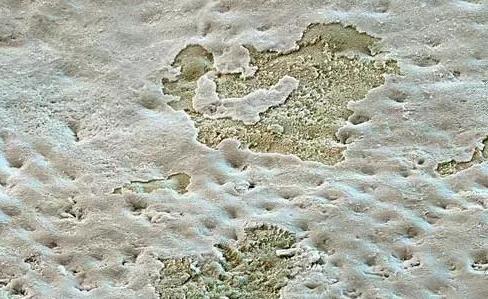
Although tooth enamel is very hard, it can be damaged. Eating acidic foods and bacteria can cause tooth decay. The picture shows a tooth decay. Tooth enamel can also crack or break. Unlike bones, enamel cannot repair itself once it is damaged, so the damage to enamel is permanent.
Tooth decay and tooth sensitivity
When tooth enamel is damaged and the inner layer of the tooth is exposed, some dental problems begin to develop. However, cavities are not the only problem caused by damaged enamel. Affected teeth may become more sensitive to cold and heat. Eating ice cream and drinking hot coffee may cause unpleasantness.
How do bacteria damage tooth enamel?
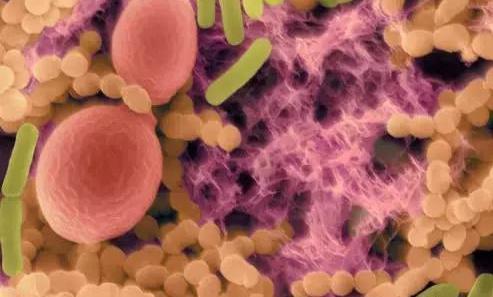
After you eat, the sugars and starches left in your mouth are eaten by bacteria in your mouth. This process produces acids that damage the outer layer of your teeth. The green sticks in the picture are bacteria that can cause mild gum disease, also known as gingivitis. The acids in sodas, juices, and drinks are also bad for your teeth. Over time, they can corrode or wear down your teeth.
Wine lovers need to take note
Wine lovers who drink wine multiple times a day and like to savor it slowly can expose their tooth enamel to harmful acids.
Generally, beer, soda, or sweet tea are less damaging to tooth enamel than wine.
Diet and digestive problems
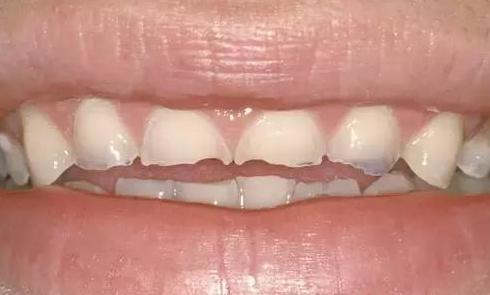
Some health conditions can also damage tooth enamel. The picture shows tooth erosion caused by frequent vomiting that causes stomach acid to enter the mouth of a person with eating disorder bulimia.
Acid reflux, stomach problems, and other eating disorders can have this effect.
Dry mouth problem
Saliva in the mouth can neutralize the acid in the mouth and protect the teeth from being damaged by acidic substances. If you have dry mouth due to taking certain medications or certain diseases, the acid in the mouth will cause greater damage to the teeth.
Molar
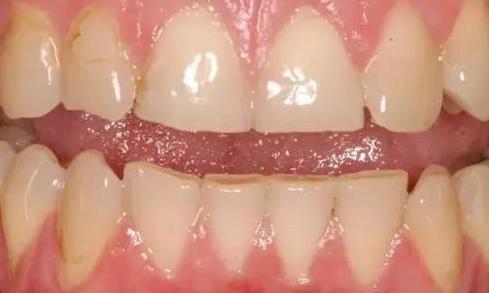
Grinding your teeth can damage tooth enamel. Over time, long-term grinding can cause cracks or wear on your teeth. The picture shows the upper and lower teeth being worn down by long-term grinding habits.
If you have a habit of grinding your teeth while you sleep, this is even worse, because grinding your teeth while you sleep is completely out of control. If you have a habit of grinding your teeth while you sleep, ask your doctor if you need to use a mouth guard while you sleep. You can buy one at the drugstore or have your dentist make one for you. Of course, reducing stress can also help reduce the symptoms of teeth grinding.
The mouth is not a bottle opener!
Never use your mouth as a bottle opener. This can damage your teeth and cause them to break.
Also, don’t bite other objects with your teeth, such as pens, nails, or other hard nut shells. Chewing ice cubes can also cause damage to your teeth.
Tooth enamel loss in children

The problem of tooth enamel loss in children is increasing year by year. What is the reason for this phenomenon? Some people think that it is related to children’s excessive intake of acidic drinks and soda.
How to keep your smile bright
There are simple steps you can take to protect your teeth.
- Rinse your mouth promptly after eating or drinking.
- Use a soft-bristled toothbrush and fluoride toothpaste.
- Drinking some milk or eating a piece of cheese after a meal can help reduce the acidity.
- Chewing sugar-free gum helps secrete saliva, which helps reduce the damage of oral acid to teeth.
How to improve oral hygiene?
Use dental floss to clean your teeth. Be careful not to use a toothpick.
- Brush your teeth gently. Brushing too hard can damage tooth enamel.
- Clean your teeth with an antibacterial and fluoride mouthwash.
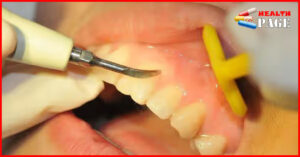

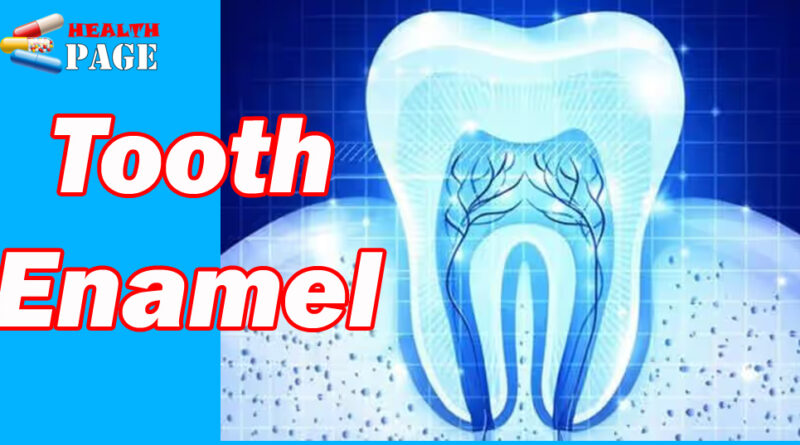
Pingback: How to fix a broken tooth